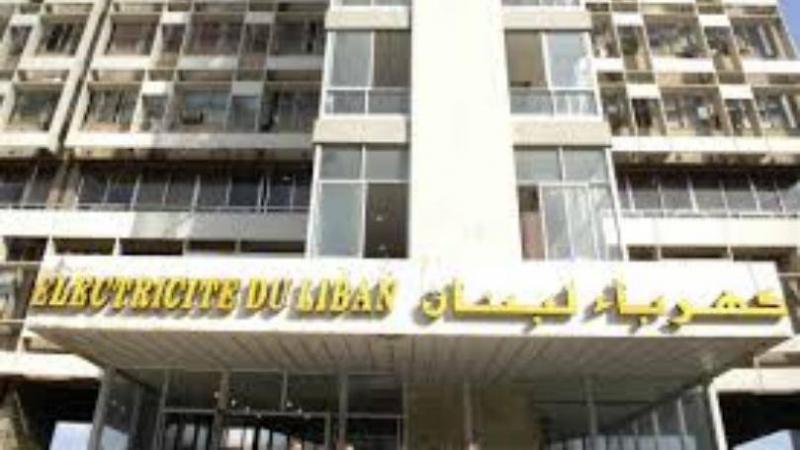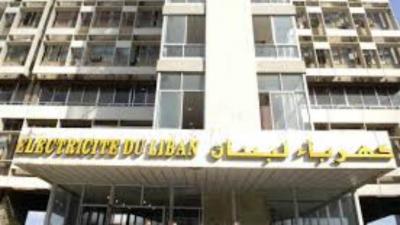The following was issued by the "Electricity of Lebanon" institution: Currently, the generated electric power is produced solely from the Zahrani and Deir Amar power plants, which are operating at half their production capacity, relying only on one shipment containing small quantities of fuel oil supplied monthly to the Electricity of Lebanon institution by the Ministry of Energy and Water - General Directorate of Oil, under an exchange agreement between the governments of Iraq and Lebanon. The shipment of fuel oil designated for July 2022 was significantly low, with a supply not exceeding 28,000 metric tons.
Additionally, the institution has been informed by the Ministry of Energy and Water - General Directorate of Oil that they are still waiting for an official response from the Iraqi side regarding the issues of extending and completing the implementation of the exchange agreement to enable the reception of the full contract quantity, particularly during August and September 2022. Therefore, no shipments of fuel designated for the Electricity of Lebanon institution are expected to arrive during August 2022.
In light of this sensitive and critical situation, which is entirely beyond the control of the Electricity of Lebanon institution, the institution states the following:
1. It will take additional strict precautionary measures to extend the power production period as much as possible. The Zahrani plant will be forcibly halted after midnight on 03/08/2022 to preserve its inventory, which will be used after it is put back into service on 12/08/2022. By that date, the entire inventory of the Deir Amar plant will have been utilized, necessitating its forced shutdown. Thus, the available inventory at the Zahrani plant at that time will allow continued electricity production until a maximum date of 25/08/2022, which risks the country facing a critical situation if no fuel oil shipments are supplied to the institution during August 2022.
2. This matter has been raised with both the General Secretariat of the Council of Ministers and the Ministry of Finance through the Minister of Energy and Water due to its importance and sensitivity.
The Electricity of Lebanon institution confirms its prioritization of electrical supply to vital basic services in Lebanon (airport, port, water pumps, sewage, essential state facilities, etc.). It also highlights that this low production capacity, expected to reach around 250 megawatts at most, will negatively affect the stability of the grid, potentially leading to multiple widespread blackouts occurring several times a day, despite the extraordinary efforts of the institution's employees to secure the stability of the electrical grid as much as possible.




